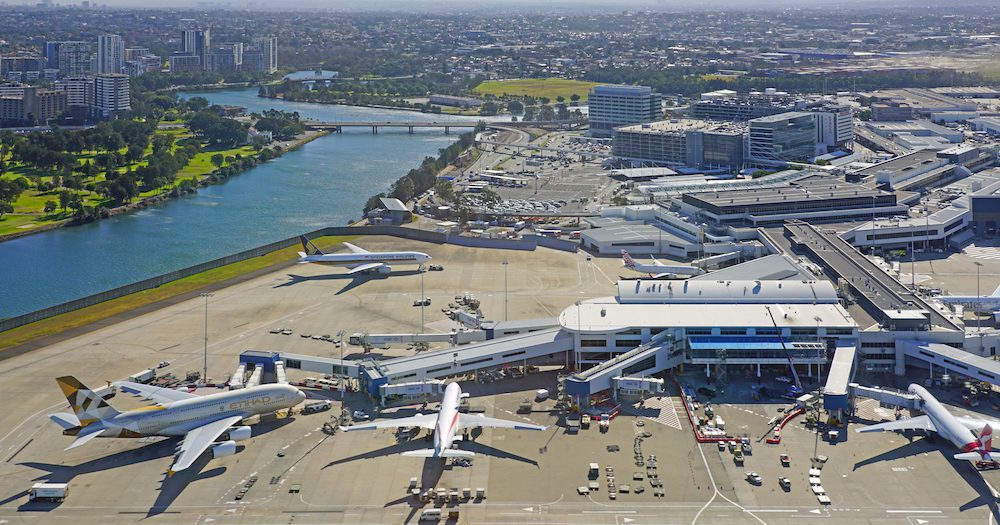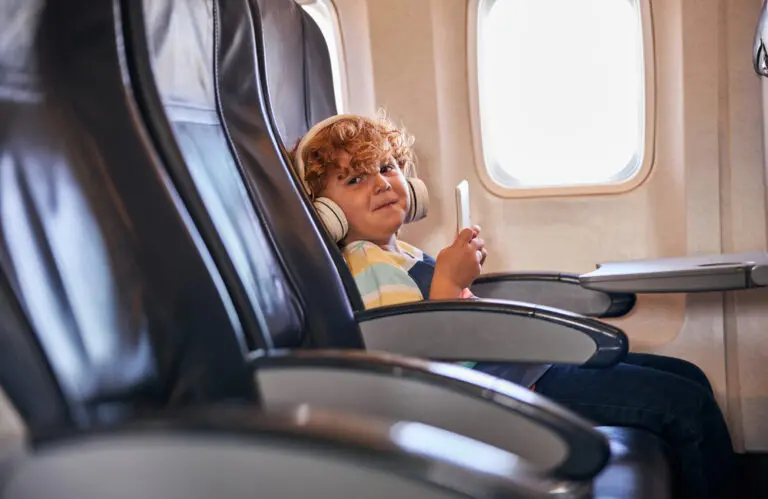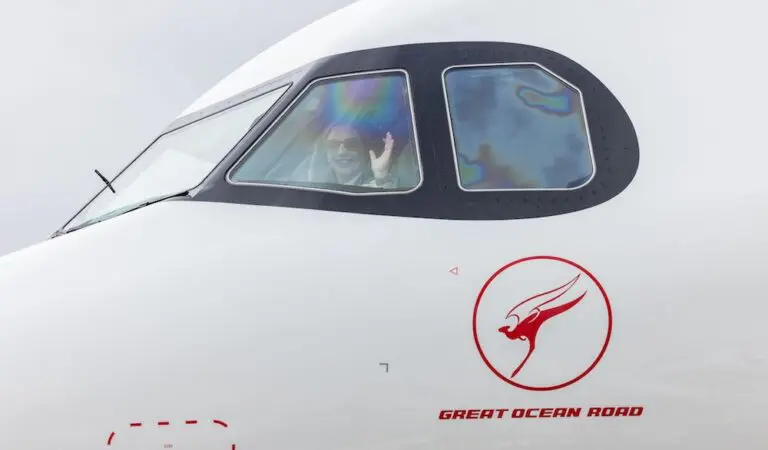Last year, Australian airlines struggled with flight cancellations and delays. And while they have improved their on-time performance stats, Aussie carriers face the prospect of paying cash compensation to passengers affected by flight delays and changes as advocates urge the government to introduce rules for payments.
While Aussie airlines are subject to Australian Consumer Law (ACL), they are not bound by any specific air travel rules that set out minimum payments or timeframes for compensation. This needs to change, say consumer advocates.
“Typically in Australia, if your flight with a cheaper carrier is delayed you might get a voucher, which at the airport can buy you a coffee if you’re lucky,” Choice Australia money and travel expert Jodi Bird told The Guardian.
According to Bird, compensation in recent times has dropped and is often buried in fine print, making it difficult for consumers to know what their rights are.
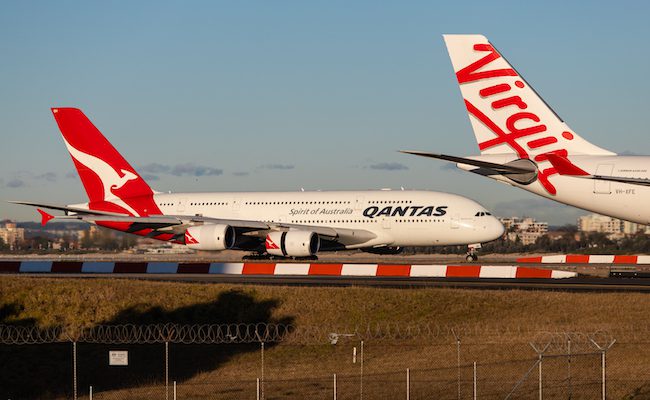
He added that there was “currently no real incentive for airlines not to cancel or delay flights”.
“Airlines would rather not have [a compensation scheme] because it would affect their commercial models and force them to concentrate more on flights leaving as close to on-time as possible.”
Playing catch-up
To highlight Australia’s predicament, Bird also pointed to an EU model that was “very clear and consistent across airlines, so people know what they are entitled to”. In Europe, three-hour-plus delays can result in payments to passengers of up to €600 (nearly $1,000).
“Australia is really lagging behind the rest of the world here,” Bird said.
“Australian airlines don’t seem to care much about customer service after they’ve sold you the ticket, and something like this would mean they’d have to.”
According to The Guardian, the Australian Lawyers Alliance (ALA) sang a similar tune.
“The lack of compensation for flight delays and cancellations in Australia puts us behind much of the world when it comes to protecting traveller’s rights,” the ALA argued.
“Rather than Australian passengers having to jump through legal loopholes to receive flight delay compensation, in the rare instances where it is available, it is time for Australia to have its own simple and straightforward compensation regime.”
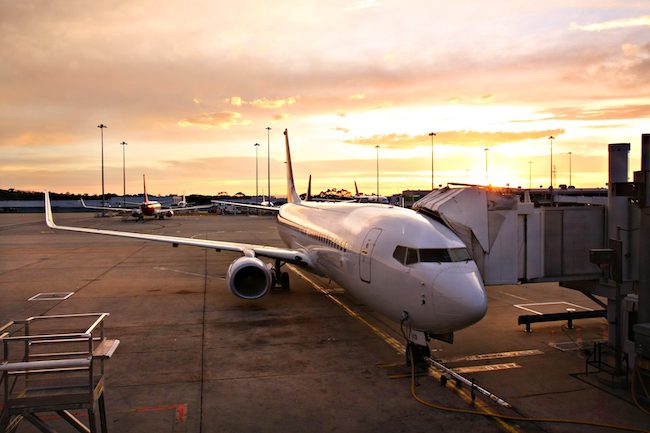
In its submission to the government’s aviation white paper earlier this year, the Australian Competition and Consumer Commission (ACCC) backed calls for stronger measures to be considered.
“Some advocates have called for consumer protection measures to be introduced in Australia that set out more specific consumer compensation entitlements for delayed or cancelled flights … Introducing more specific requirements like this in Australia could be considered further,” it stated.
US wants airlines to pay
Earlier this week, US President Joe Biden said his government would write new rules to force airlines to pay cash compensation to passengers for major delays and cancellations within their control, Reuters reported.
“Our top priority has been to get American air travellers a better deal,” Biden said.
US Transportation Secretary Pete Buttigieg said upcoming “summer travel is going to put enormous pressure on the system”.
“Airlines need to accept their fundamental responsibility to better serve passengers.”
Last year, the Biden Administration sounded out with airlines the possibility of a minimum US$100 payment to passengers for delays of at least three hours.
In late April, Canada’s Transport Minister put forward a plan that would see airlines flying to or within Canada pay passengers for major service disruptions.
Criticising the announcement, the International Air Transport Association (IATA) flagged airlines’ current measures to compensate passengers.
“Airlines already have financial incentives to get their passengers to their destination as planned. Managing delays and cancellations is very costly for airlines. And passengers can take their loyalty to other carriers if they are not satisfied with service levels,” IATA Director General Willie Walsh said.
“The added layer of expense that this regulation will impose will not create a new incentive, but it will have to be recouped – which is likely to have an impact on ticket prices.”


